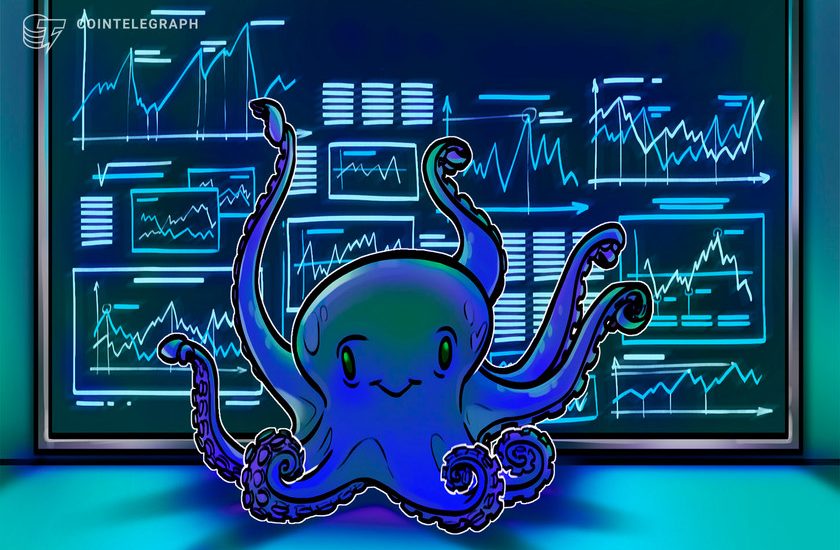- June 11, 2021
- Posted by: admin
- Category: BitCoin, Blockchain, Cryptocurrency, Investments


Kraken CEO Jesse Powell is having second thoughts about a direct listing in light of Coinbase going public, and is potentially leaning towards an IPO instead.
Jesse Powell is rethinking Kraken’s plan to go public which is set for late 2022, following the uninspiring performance of Coinbase stock (COIN) since its launch on April 14.
Speaking with Fortune on June 11, Powell stated that in light of the performance on Coinbase’s direct public offering, the firm is now considering an initial public offering (IPO) more “seriously now,” as the firm is looking to avoid potential issues a direct listing presents:
“Not having lock-ups, having billions of dollars of insiders be able to dump their shares, you know, on day one […] I think it has a dampening effect on the market.”
“And, you know, the IPO is just a very different process,” he added. Kraken began discussing the idea of public listing in March, following Coinbase’s plans to pursue a direct listing on the Nasdaq.
Powell then followed that up in April with a timeline suggesting the firm was potentially looking to go public sometime in 2020, and told Cointelegraph that its public listing would be “too big” to go via the route of a special purpose acquisitions company (SPAC).
Related content: To IPO or Not to IPO? SPAC is the question
The roadmap is still not entirely clear, with Powell stating in the interview with Fortune that “we’ll see how the market looks in the second half of next year,” before deciding on which method to take for a public listing.
“That’s sort of where we’re targeting. You know, hopefully by then we have more analyst coverage out and there’s just more of a track record of growth for the industry,” he said.
Coinbase’s stock COIN launched with a price of around $327 on April 14, and despite the enthusiasm leading up to the firm going public, its performance has been underwhelming — decreasing around 32.4% since to $221 as of today, according to data from TradingView.
During the Interview, Powell noted that the lackluster performance of COIN may be partly due to the anti-crypto sentiment held in traditional finance and Wall Street. The Kraken CEO thinks that there a lot of players that “actually have a lot to lose” from the success of crypto, and predicted that a lot of players will resist it for “as long as possible,” noting that:
“I think you might be seeing people just facing this cognitive dissonance of becoming increasingly aware of the impending doom that’s coming to the legacy financial system.”
Patrick O’Shaughnessy, an analyst for Raymond James, an independent investment bank with a net of worth $17.76 billion, said in a note to clients regarding COIN on June 10 that:
“We don’t see a structural barrier to entry here and therefore expect significant pricing degradation over time, with growth in non-transaction revenues hard-pressed to offset this.”
From O’Shaughnessy’s perspective, Coinbase is too reliant on transaction fees to generate revenue, and expects the market to provide cheaper alternatives in the near future.
“We view it unlikely that over the long-term retail customers will continue to happily pay a 1%+ transaction fee, particularly if/when trusted financial institutions begin to offer trading and custody,” the analyst noted.
Raymond James has rated COIN as “underperform”, which is the label the firm gives to assets which it expects to underperform the S&P 500, or its sector, within the next six to 12 months and should be sold.
Powell was also quizzed on whether going public through a special purpose acquisitions company (SPAC) would be an option for the crypto exchange, and he reaffirmed the views he’d earlier expressed to Cointelegraph:
“It might have been possible a few years ago, but today I think we’re too big to really consider doing a SPAC. So we’re still on track for a public listing.”
